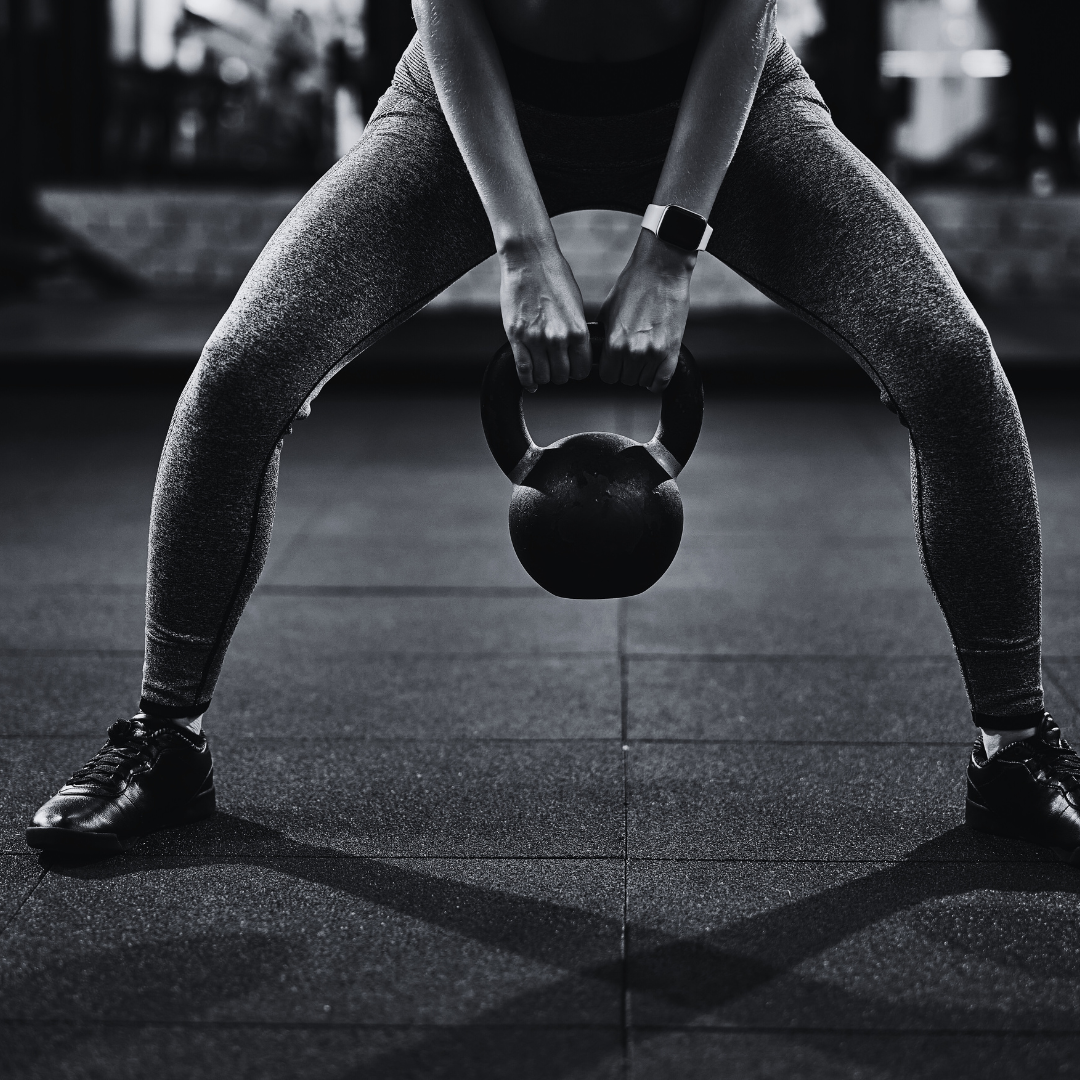Sumo squats, also known as plie squats, are a variation of the traditional squat exercise. This exercise involves a wider stance, toes pointed outward, resembling the stance of a sumo wrestler hence the name. Sumo squats primarily target the lower body muscles, including the quadriceps, inner thighs, glutes, and hamstrings.
Benefits of Sumo Squat
Increased Lower Body Strength
Sumo squats are highly effective in strengthening the muscles of the lower body. By incorporating this exercise into your routine, you can develop stronger quads, hamstrings, and glutes.
Engages Inner Thighs
Unlike traditional squats, sumo squats place a greater emphasis on the inner thighs due to the wider stance. This helps in toning and sculpting the muscles of the inner thigh region.
Improves Balance and Stability
The wide stance in sumo squats challenges your balance and stability, leading to improved coordination and proprioception over time.
Targets Glutes and Hamstrings
Sumo squats specifically target the glutes and hamstrings, making them an excellent exercise for building strength and muscle definition in these areas.
How to Perform Sumo Squat
To perform a sumo squat:
- Stand with your feet wider than shoulder-width apart, toes pointing slightly outward.
- Keep your back straight, chest up, and engage your core muscles.
- Lower your body down by bending your knees, keeping them in line with your toes.
- Go down as far as you can while maintaining proper form and control.
- Push through your heels to return to the starting position.
- Repeat for the desired number of repetitions.
Common Mistakes to Avoid
- Allowing the knees to collapse inward.
- Leaning too far forward, putting excess strain on the lower back.
- Not going low enough or failing to maintain proper form throughout the movement.
Variations of Sumo Squat
Dumbbell Sumo Squat
Hold a dumbbell or kettlebell with both hands in front of your body as you perform the sumo squat. This adds resistance and increases the intensity of the exercise.
Kettlebell Sumo Squat
Hold a kettlebell with both hands between your legs as you perform the sumo squat. The kettlebell's unique shape provides a different challenge to your muscles.
Sumo Squat with Resistance Bands
Place a resistance band around your thighs, just above the knees, to add extra resistance to the sumo squat. This helps in targeting the outer thigh muscles and intensifying the workout.
Incorporating Sumo Squats into Your Workout Routine
To maximize the benefits of sumo squats:
- Perform 3-4 sets of 10-15 repetitions.
- Pair sumo squats with other lower body exercises such as lunges, deadlifts, or calf raises.
- Include sumo squats in your leg day routine for a comprehensive lower body workout.
Tips for Maximizing Sumo Squat Benefits
Focus on Range of Motion
Ensure that you're going through the full range of motion with each repetition, lowering your body as far down as comfortably possible.
Gradually Increase Weight
As you become stronger, gradually increase the weight or resistance to continue challenging your muscles and promoting growth.
Listen to Your Body
Pay attention to how your body feels during and after performing sumo squats. Adjust your form or weight as needed to prevent injury and ensure effective training.
Conclusion
Sumo squats are a highly effective lower body exercise that targets multiple muscle groups simultaneously. By incorporating sumo squats into your workout routine and following proper form and technique, you can experience significant improvements in strength, muscle tone, and overall fitness level.
FAQs
-
Can sumo squats help in toning my inner thighs? Yes, sumo squats specifically target the inner thigh muscles, helping in toning and sculpting this area over time.
-
How often should I perform sumo squats? You can perform sumo squats 2-3 times per week, allowing for adequate rest and recovery between sessions.
-
Are sumo squats suitable for beginners? Yes, sumo squats can be modified to suit beginners by starting with bodyweight squats and gradually adding resistance as strength improves.
-
Can sumo squats help in improving my balance? Yes, the wide stance in sumo squats challenges your balance and stability, leading to improvements over time with consistent practice.
-
Are there any alternatives to sumo squats for targeting the same muscle groups? Lunges, goblet squats, and Romanian deadlifts are some alternative exercises that also target the muscles worked during sumo squats.
Recommended Knee Sleeves For Squats
When it comes to knee sleeves for squats, our range SBD knee sleeves are second to none. The combination of compression technology, optimal thickness, durable neoprene, precision fit, competition approval, temperature regulation, and athlete endorsements makes our knee sleeves a standout choice for anyone looking for reliable knee support during squats.
The Classic SBD Knee Sleeves
Manufactured with high grade 7mm neoprene, the SBD Knee Sleeves is designed to minimise the risk of injury and to aid performance. Relied on by strength athletes around the world, these 7mm knee sleeves are ideal for heavy training.
The SBD Powerlifting Knee Sleeves
The SBD Powerlifting Knee Sleeves are designed for competitive powerlifters looking for the maximum support from their sleeves. They allow for significantly greater compression throughout knee flexion to maximise support and confidence during maximal attempts, increasing top end performance.






